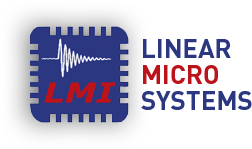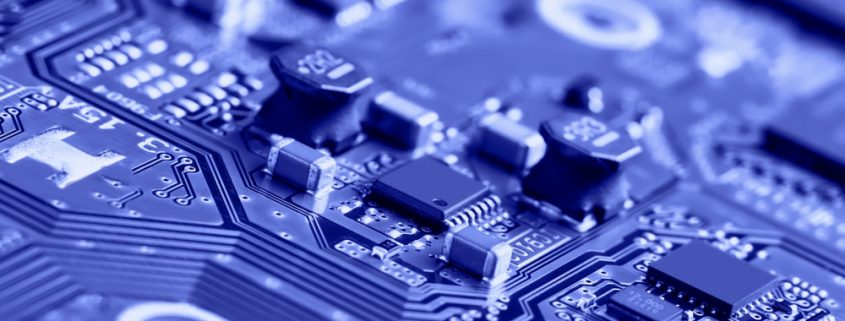The Impact of Semiconductor Technology on Renewable Energy | Linear MicroSystems
The rapid advancement of semiconductor technology has revolutionized various industries, and renewable energy is no exception. With their precision and efficiency, Microsystems plays a crucial role in enhancing the performance and reliability of renewable energy systems. This article explores the significant impact of semiconductor technology on renewable energy, focusing on its applications and benefits.
Enhanced Efficiency in Solar Power Generation
Solar power is a cornerstone of the renewable energy sector. Semiconductor technology has been pivotal in improving the efficiency of solar panels. Semiconductor materials, such as silicon, manufacture photovoltaic (PV) cells, which convert sunlight into electricity. Advances in semiconductor fabrication techniques have led to the development of highly efficient PV cells capable of converting a higher percentage of the sun into electrical energy.
Microsystems are integral to the functioning of these advanced PV cells. Energy conversion and management are optimized by incorporating microscale components, such as microinverters and power optimizers, into solar panels. These Microsystems enhance the overall system efficiency by reducing energy losses and improving power quality. As a result, solar power systems can generate more electricity from the same amount of sunlight. This makes renewable energy more viable and cost-effective.
Power Management in Wind Energy Systems
Wind energy is another critical component of the renewable energy mix, and semiconductor technology has also significantly impacted this sector. Wind turbines generate electricity by converting the wind’s kinetic energy into electrical energy. The efficiency and reliability of wind energy systems are greatly influenced by the quality of the electronic components used in them.
Microsystems, such as advanced power electronics, are essential for managing the power generated by wind turbines. These components ensure the efficient conversion of variable wind energy into stable electrical power that can integrate into the grid. Semiconductor devices like insulated-gate bipolar transistors and diodes are used in power converters. These regulate the voltage and frequency of the electricity generated. The precision and durability of Microsystems in these applications ensure that wind energy systems operate optimally under various wind conditions, reducing downtime and maintenance costs.
The Role of Microsystems in Energy Storage Solutions
Energy storage is a crucial aspect of renewable energy systems, providing a way to store excess energy generated during peak production periods for use during low production periods. Semiconductor technology, particularly Microsystems, has advanced energy storage solutions, such as batteries and supercapacitors.
Microsystems contribute to the efficiency and longevity of energy storage devices by improving charge and discharge rates, enhancing thermal management, and increasing overall energy density. For instance, semiconductors are used in battery management systems. BMS monitors and controls the charging and discharging processes, ensuring the safety and efficiency of the energy storage system. Integrating Microsystems in energy storage solutions facilitates the seamless integration of renewable energy sources into the grid, ensuring a stable and reliable energy supply.
MicroSystems Conclusion
With their advanced functionalities and precision, Microsystems has enabled significant improvements in the efficiency, reliability, and integration of renewable energy systems. From enhancing solar panel efficiency to optimizing wind energy conversion and advancing energy storage solutions, semiconductor technology’s contributions are pivotal in advancing the renewable energy sector. As the demand for clean and sustainable energy continues to grow, the role of Microsystems will become increasingly critical.
Learn more about Linear MircoSystems by clicking here!
Linear MicroSystems, Inc. is proud to offer its services worldwide as well as the surrounding areas and cities around our Headquarters in Irvine, CA: Mission Viejo, Laguna Niguel, Huntington Beach, Santa Ana, Fountain Valley, Anaheim, Orange County, Fullerton, and Los Angeles.






